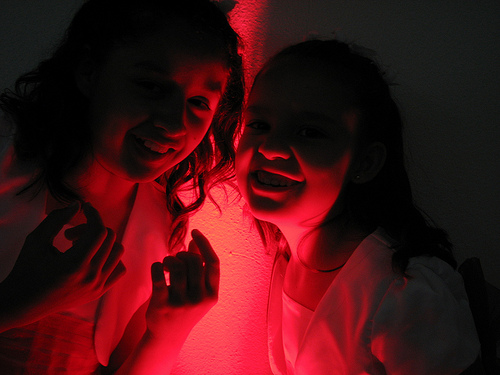“What???” you may be thinking. “How can any concerned, competent adult make such a statement? Can’t you see what’s going on? Where’s your heart?”
Actually, my heart is breaking for the families affected by the increasing problem of bullying and my statement is made out of concern for them and for all of our kids. Part of changing thoughts involves changing language, so let’s stop talking about bullying. Let’s call it what it is.
I think that for some people ‘bullying’ conjures a relatively benign picture of verbal threats and taunting that, somehow, dissolve. Clearly, that’s not what’s going on.
Most of you have heard of the tragic Phoebe Prince suicide in Hadley MA and are aware that charges have been filed. Have you looked at the list of charges? According to The New York Times they include: statutory rape, violation of civil rights with bodily injury, harassment, stalking and disturbing a school assembly. Is this “bullying?”
And, why look at language? Simply, we can’t solve a problem until we know what it is. Take another look at the news. Substitute another word for bullying. Try one of these: stalking, violence, assault, battering, torture, abuse, hate crimes…. do any of our interventions make sense now?
Extreme incidents do not spring up overnight. They are the tragic endpoint of deliberate plans and action. Law enforcement, child abuse and domestic violence advocates are familiar with the progression of violence.
Aggressors spend time and use tactics that prepare themselves and their victims for the next level of violence. Some of the things that may occur before there’s any physical contact:
- Verbal abuse about who a person is and what he or she values,
- Taunts about intelligence, appearance, race, religion or culture,
- Silence, exclusion, cold shoulders
- Controlling where (and what) the ‘target’ goes, sees and does
- Threats of physical harm
Did I take this from the latest bestseller about bullying? Nope. Sorry. It’s from a law enforcement training program. From the Office for Victims of Crime.
Is it unfair of me to draw such strong parallels to domestic violence and other crimes? What we have been doing is not working; the problem seems to be growing. Like many of you, I don’t have a lot of answers.
But maybe I can do my part by helping to change the questions.




